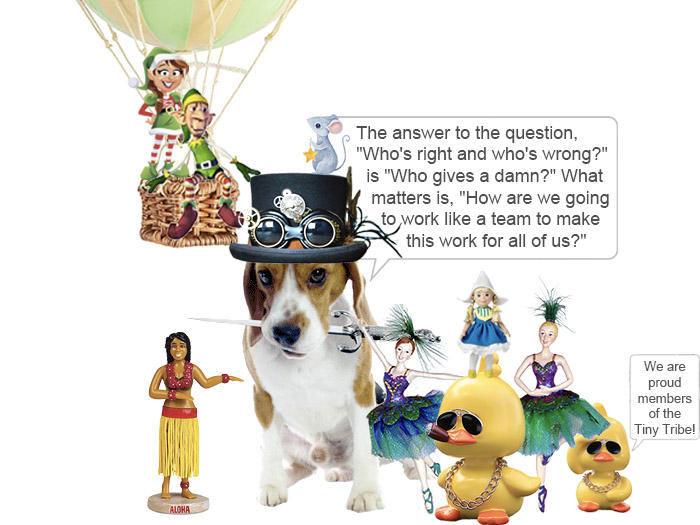Rugged individualism is the essence of America.
It is also the reason that we, as a people, feel isolated and lonely.
Our focus on personal, individual success is the reason we feel disconnected from one another. This is happening even in our marriages according to Ian Kerner, author of the book, So Tell Me About the Last Time You Had Sex, and Terrence Real, author of Us: Getting Past Me and You.
“Individualism is not a natural fact; it has a history. In American Colonial days, society was communalism on a small scale. It was about farms and small towns and small villages. When you lived face to face with your neighbor, it was a palpable reality that the good of all was the good for each of us. Civic virtue was the force that went beyond individual gratification. It was part of being a civilized person that you had a sense of civic virtue. With the Industrial Revolution, and the myth of the self-made man, all of that went by the wayside and it was each man for himself.”
– Terrence Real
We are living in a very conflicted time because most of us hold two conflicting beliefs. (1.) We believe in a culture of individual achievement, “ME”, (2.) but as we approach the zenith of a societal “WE”, there is a desire to find our tribe, to join, to belong, to work as a group for the common good.
Next year is the zenith of our current “WE.” It happens once every 80 years.
The previous “WE” zenithed in 1943 when America was united against Hitler. We threw ourselves into something bigger than ourselves; something we believed in, something that satisfied our need to belong and make a difference.
And now you know why we see all those deeply impassioned splinter groups in the news each week.
Here’s the good news: you can harness that same “need to belong” to recruit and retain good employees.
Good employees are attracted to companies with a strong culture. They are looking for a company they can believe in, a place where they can belong and make a difference.
When you want to strengthen your company culture, you need to publish your Unifying Principles. I have previously called these your “We Believe” statements.
Publishing them is the easy part. The difficult part is that you have to live them.
About eight minutes into his famous TED-X talk at Puget Sound, Simon Sinek says,
“The goal is not just to hire people who need a job; it’s to hire people who believe what you believe. I always say that, you know, if you hire people just because they can do a job, they’ll work for your money, but if they believe what you believe, they’ll work for you with blood and sweat and tears.”
Indy Beagle will tell you about Culture Wizards in the rabbit hole.
Roy H. Williams
